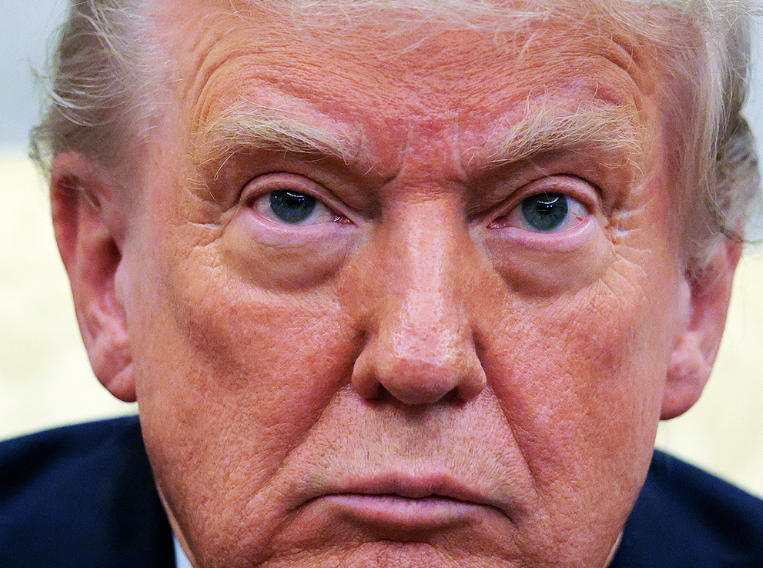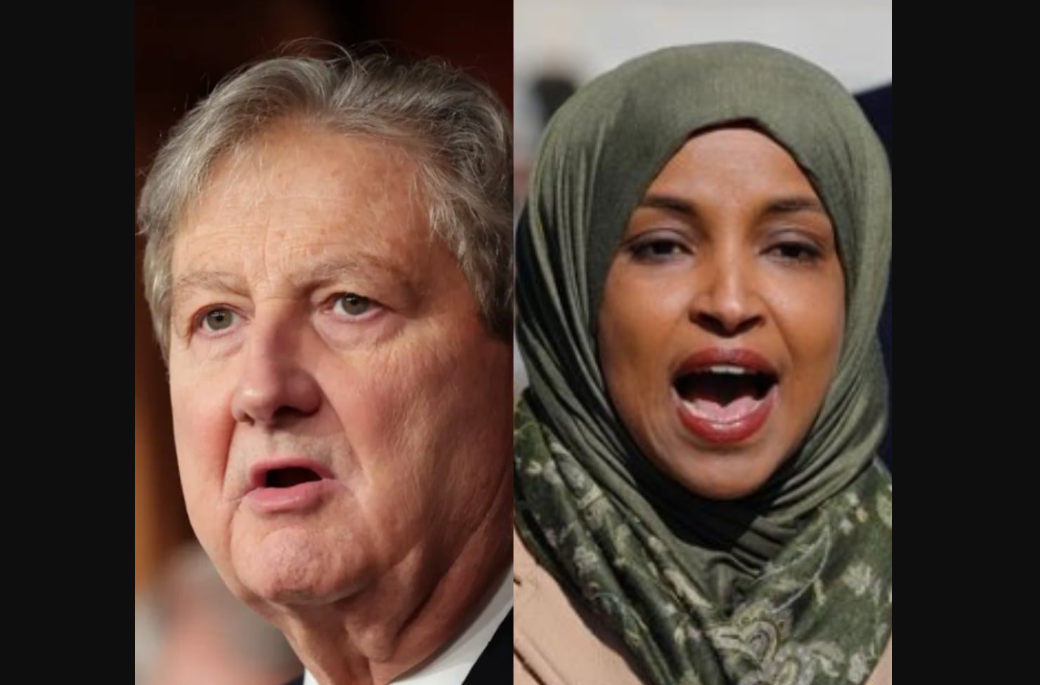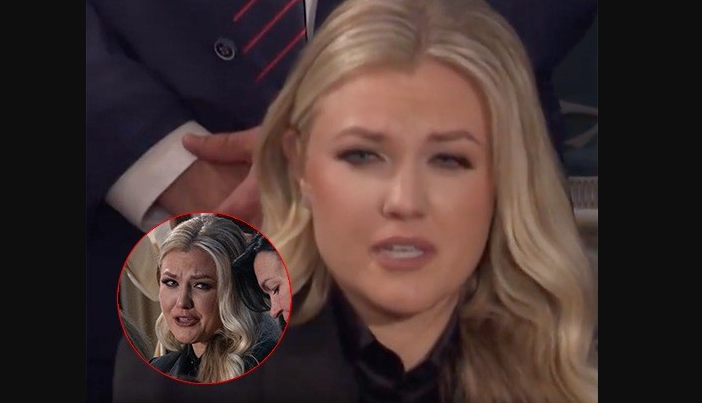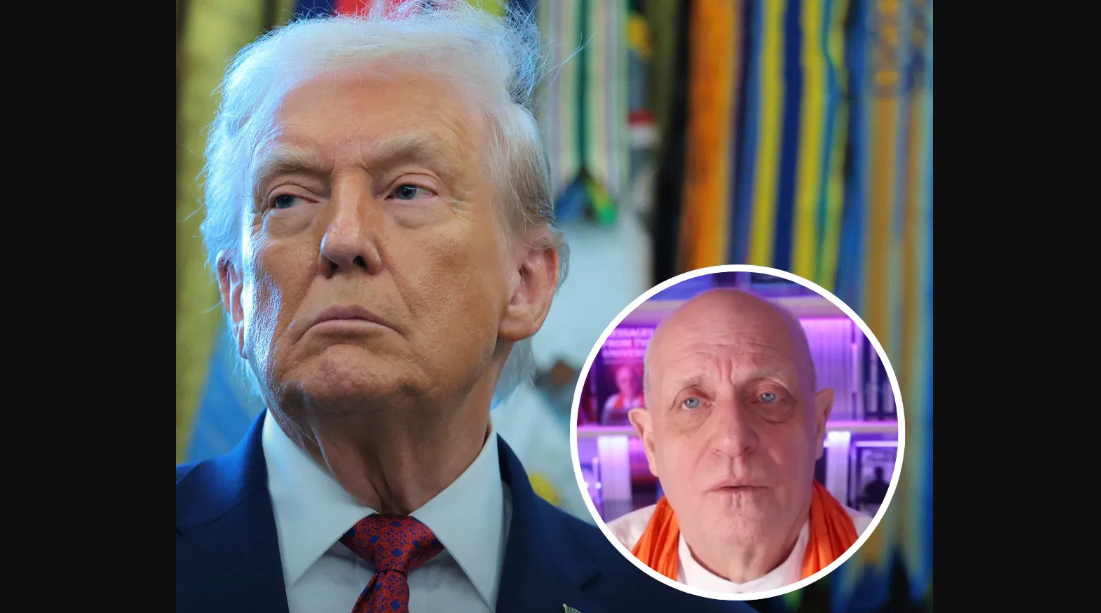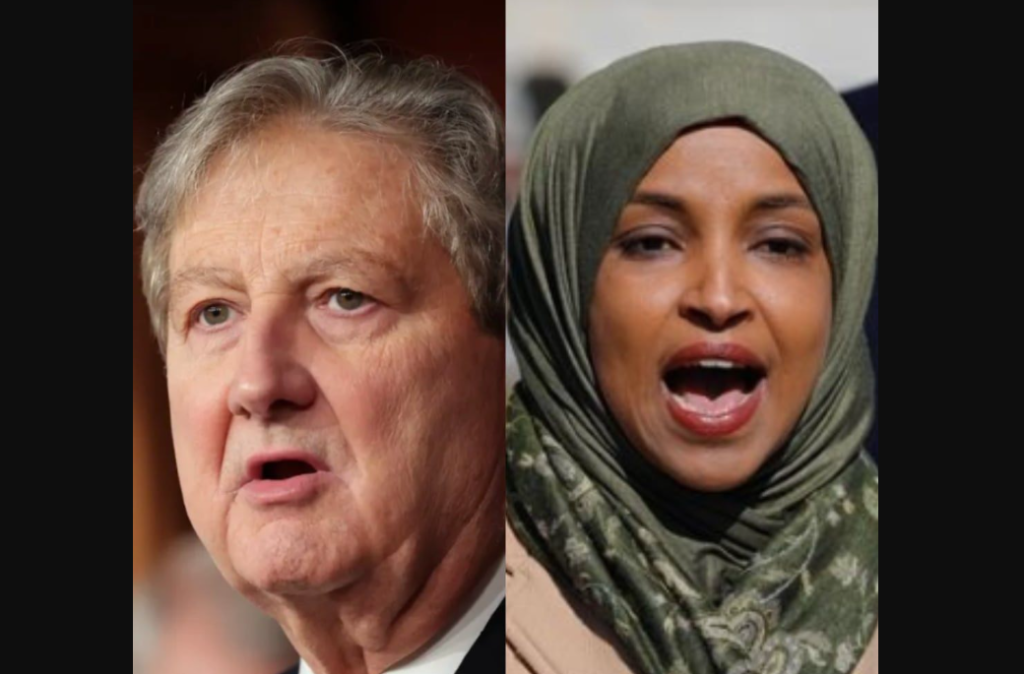Over several months, former President Donald Trump has expressed firm confidence in the drive supporting his second term — a narrative of power, command, and consistent guidance. Yet fresh nationwide surveys reveal a more intricate scenario, indicating an expanding gap between Trump’s perception of his presidency and the sentiments many Americans hold regarding the nation’s path. Amid escalating expenses for daily needs, heightened political strain, and worldwide instability influencing everyday experiences, citizens seem to be reevaluating the advancements they anticipated witnessing.
A latest CNN/SSRS poll involving 1,245 U.S. adults shows Trump’s approval rating has dropped to 37%, a decline from 47% at the start of the year. This positions his present level close to some of the lowest marks during his presidency, comparable to figures noted following the incidents of January 6, 2021. At the same time, 63% of participants indicate disapproval of his handling of duties. The overall atmosphere remains subdued too — 68% of Americans believe the country is faring “pretty/very badly,” whereas 32% report that conditions are proceeding favorably.
Economic matters continue to lead as the primary worry. Close to half of the participants — 47% — identify inflation, increasing expenses, and monetary pressures as the foremost challenges confronting the country. An additional 26% highlight issues related to democracy and political steadiness. Although immigration features prominently in Trump’s communications, merely 10% of those surveyed selected it as their primary issue. In terms of policy effects, 61% consider Trump’s choices to have worsened economic situations, and 56% perceive that the United States’ position on the world stage has suffered under his tenure.
As dissatisfaction grows, examination of executive authority intensifies — 61% of participants state Trump has exceeded appropriate limits in exercising presidential powers. The survey further implies that the approaching midterm elections may serve as a judgment on his direction, with 41% of voters noting their choice will oppose him and 21% indicating it will demonstrate backing. Trump has rejected the poll as skewed, maintaining that his actual backing exceeds the figures shown. As political pressures mount and public views evolve, the nation approaches its forthcoming election period amid considerable strain — along with the inquiry into whether these statistics signal a brief fluctuation or a permanent change in collective outlook.
